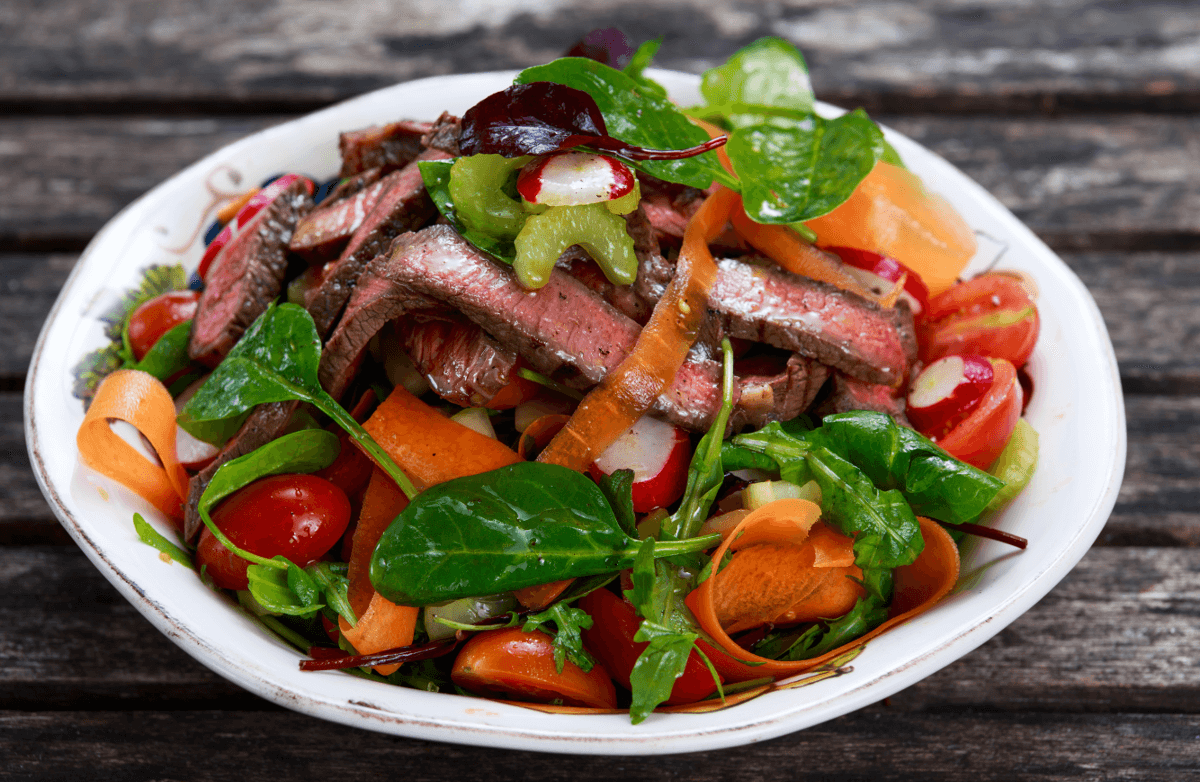|
Marketing can be a wonderful thing. It can also cause people to venture away from the truth in favor of false promises. The goal of marketing is to present products, goods, or services in such a way as to be desirable. The marketing process is most effective when a well-defined user or buyer's attention has been adequately captured to the point that new concepts or propositions are enticing. This process is most valuable when doubt about the alternatives have been created as well. The diet industry has harnessed the power of marketing as well as any Fortune 500 company. People with a great desire to lose weight are willing to throw out long-held scientific truths for industry marketing spin. Add to that the hope that desired results can be achieved quickly and easily and you have the fuel necessary to make the spin appealing. When results are not achieved with the first diet-focused product or service, apathy and disappointment pique curiosity in the next proposed option and the dieting cycle is born. So what does this have to do with being like a sponge? Perhaps not what you think. Food provides the energy and nutrients necessary for the body to function properly. Unfortunately, there are many things the weight-loss industry won't tell you, with the biggest being that they are less than truthful. The dieting cycle is equally powerful and under-nourished people are unable to think as clearly as well-nourished. Low calorie diets starve the body and especially the brain of the nutrition necessary for clarity of thought and sound decision-making. I believe restrictive diets were accidentally found to be an effective marketing tool years ago. At the same time, people desperate for any easy solution to an increasing national weight problem became entangled in the dieting cycle. Some in the medical community began to use the marketing spin in their weight loss recommendations because of the less than normal results that had been highlighted by the marketers that were trying to promote their product, good or service. Today, restrictive diets are seen as the answer for weight loss. Helping people understand the falseness of this idea is a daily battle for people like me that try to share nutritional truths for good health through education. Lower and lower calorie restrictions cause your body to become like a dry sponge. If you place a dry sponge in a dish with a half cup of water, what happens? The water will be soaked up VERY quickly, leaving nothing in the dish. However, if you take that same sponge and soak it in water so that it is completely full and THEN put it in a dish with a half cup of water, nothing happens. The cells do not need water because they have what they need so the water in the dish simply sits there waiting to be evaporated. The same is true with our bodies. The body is a complicated network of tissues, organs and organ systems made of many cells, which must have energy to carry out their individual functions. When a person consumes fifty percent less energy and nutrients than the body needs to function, the cells react, including fat cells, they begin breaking down lean muscle for energy to feed the organ cells. At the same time, the fat-storing and releasing enzymes become involved and many times slightly altered. Therefore, when the body is in an energy depleted dry sponge state, the fat cells quickly soak up and store available energy while breaking down lean muscle for fuel. This is the opposite of what we want to happen for long-term weight loss. When the body is properly nourished with the nutrients and energy it needs, the cells are not interested in soaking up more. Because they have what they need they are content and able to do their jobs. In this saturated state, you are able to increase or decrease weight in a healthy way be slightly altering the energy balance. If you are trying to lose weight from a dry sponge state, you are fighting a losing battle. Make your first goal to achieve the proper energy balance to be a wet sponge. Once you have achieved that goal, then you can begin to focus on small changes in energy balance that begin pulling energy from fat reserves. Do you struggle with the idea that low calorie, restrictive diets are the only way to reach your weight loss goals? Are you willing to give up those market-driven ideas to say goodbye to diets and hello to a healthy lifestyle? |
More From SparkPeople
|












.jpg)


